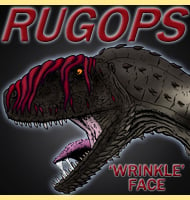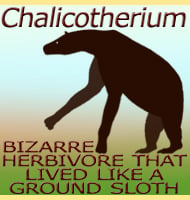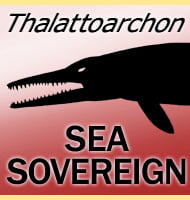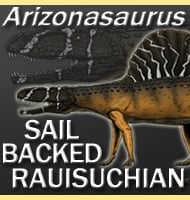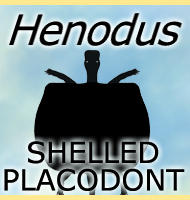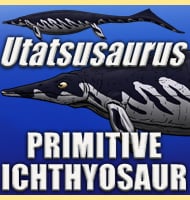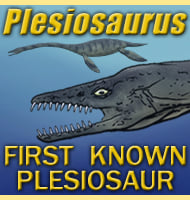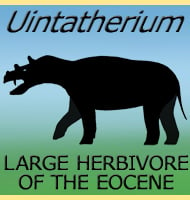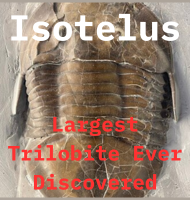In Depth
The fossil remains of Becklespinax first began their taxonomic life as a second species of Altispinax called A. altipinax. However Altispinax was previously only described from teeth and there was no firm proof that the second species remains of three vertebrae actually belonged to the type specimen teeth. Later Gregory S. Paul, noting the tall neural spines of the vertebrae, renamed the specimen as a European species of Acrocanthosaurus. This dinosaur also has vertebrae that have high neural spines and it also lived during the Early Cretaceous which is roughly the time period where the three vertebrae are thought to have come from. However in 1991 George Olshevsky identified the remains as a sinraptorid (allosauroid theropods that are similar to Sinraptor) and created the new genus of Becklespinax in honour of Samuel H. Beckles, the English fossil hunter who discovered the vertebrae back in 1884.
The tall neural spines of the three vertebrae of Becklespinax have caused quite a bit of confusion and bewilderment. High spined dinosaurs such as Acrocanthosaurus and Spinosaurus have established the precedent for theropod dinosaurs that have vertebrae with tall neural spines, but the fact that only three vertebrae are known for Becklespinax means that it is difficult to establish what could be called an accurate shape for this dinosaur. To further confound matters other theropods such as Concavenator have a small hump made up of just two vertebrae, which means that the enlarged neural spines of Becklespinax could have been part of a back hump of any size or shape. One thing to note however is that one of the three known vertebrae of Becklespinax is shorter than the other two. When first seen this was thought to have been because of breakage, but it’s not inconceivable that it may have actually been shorter in life.
Another European theropod dinosaur that had enlarged neural spines is Metriacanthosaurus from the Jurassic of England.
Further Reading
– Predatory Dinosaurs of the World – Gregory S. Paul – 1988. – A revision of the parainfraclass Archosauria Cope, 1869, excluding the advanced Crocodylia. – Mesozoic Meanderings 2:1-196. – G. Olshevsky – 1991. – Dinosaurs of Great Britain and the role of the Geological Society of London in their discovery: basal Dinosauria and Saurischia. – Journal of the Geological Society, London 164:493-510. – D. Naish & D. M. Martill – 2007. – The nomenclatural status of the carnivorous dinosaur genus Altispinax v. Huene, 1923 (Saurischia, Theropoda) from the Lower Cretaceous of England. – Neues Jahrbuch f�r Geologie und Pal�ontologie – Abhandlungen, 280(2): 215-219. M. W. Maisch – 2016.

